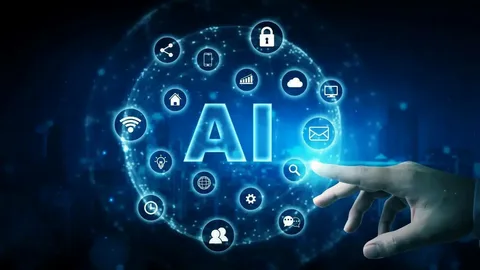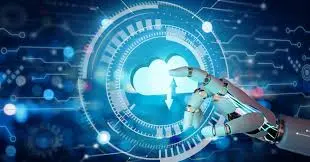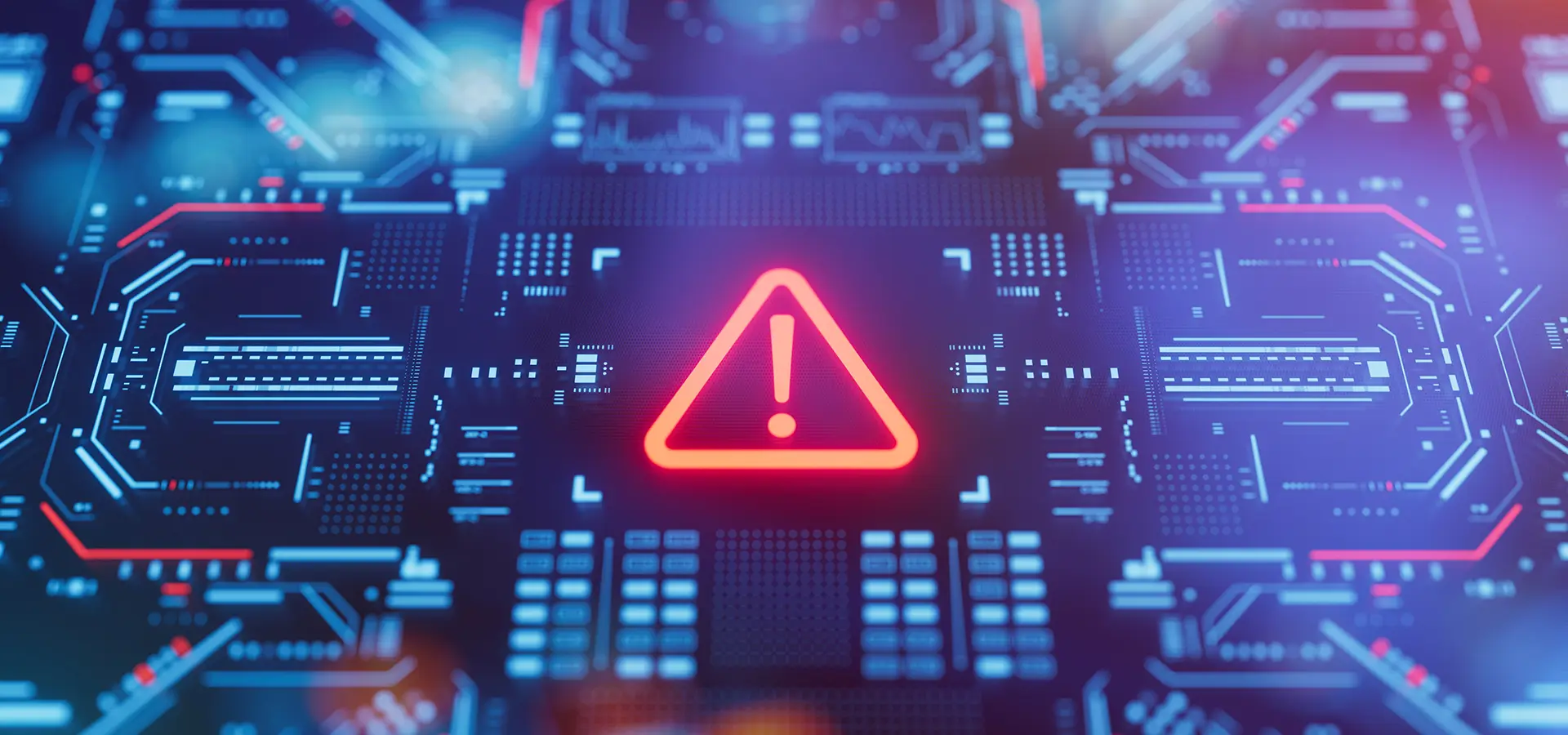
In 2025, rapid technological advancement in information technology focuses on Artificial Intelligence, cybersecurity, and hardware. Artificial Intelligence transforms the world’s economy and politics, particularly in the U.S. and China, and the world, while AI-generated content becomes more prevalent. Despite AI advancements, human content creation is still valuable. With the growth of cyber threats, cybersecurity is a paramount concern, leading to increased bug bounty payouts and a strained government workforce. The latest hardware, such as advanced Nvidia GPUs, drives innovation in AI, gaming, and personal computing. Information Technology is more interconnected and influential as it shapes the lives of individuals, companies, and governments across the globe.
Introduction
Artificial Intelligence (AI) has evolved beyond being a tool or a trend. It now defines how nations compete, how companies innovate, and how individuals interact with technology. AI influences global politics, economics, and corporate strategies, making it one of the most significant forces in the modern world.
AI has become a major factor in international relations and national strategies. The United States and China are the two dominant powers in this arena, each investing heavily in research, defense, and infrastructure. AI is reshaping military strategy and defense systems trade and economic policy national security and state governance. As a result, many trade and diplomatic conflicts now involve AI technologies directly. Nations view AI as both a competitive advantage and a tool for protection. AI is the new strategic resource shaping global power structures just as oil once did.
The AI revolution is being driven by the corporations that push the boundaries of research and innovation. Leading companies include OpenAI, developing advanced AI language and vision models; Meta, expanding AI integration into social and virtual spaces; Nvidia, producing next-generation GPUs (such as the RTX 5090) that power global AI computation. These organizations are setting new standards for speed, scale, and capability defining how AI is built, distributed, and applied worldwide.
Despite the surge of AI-generated text, art, and video, human creativity remains irreplaceable. Many platforms still prioritize human-written and human-verified content, reflecting the enduring value of originality, judgment, and emotional intelligence. AI can process information faster but it cannot replicate authentic imagination.
Key takeaway: AI is not only a tool but a catalyst for change, reshaping business models, creative industries, and even the ethical framework of communication.
As digital transformation accelerates, cybersecurity challenges are becoming more complex and widespread. State-sponsored attacks, organised hacking groups, and software vulnerabilities are increasing. Even major agencies face staffing and capability shortages for instance, in the United States, CISA has reported workforce reductions while cyber threats continue to expand.
Corporate Security Measures: Companies are investing heavily to identify and fix vulnerabilities. For example, Apple offers up to $2 million for reporting critical security flaws. Both corporations and governments are reinforcing data protection and digital infrastructure to counter espionage and ransomware threats. The digital battlefield is growing faster than the global cybersecurity workforce.
Hardware innovation continues to drive progress in AI, gaming, and computing. Nvidia’s role is central its advanced GPUs are key to training AI models, powering scientific research, and enabling next-generation digital experiences.
Industry Shifts: The technology media landscape is also evolving. The closure of AnandTech after 27 years highlights the shift from traditional written reviews to AI-assisted analysis and video content. Hardware remains the foundation of innovation, and understanding its evolution is essential for both developers and consumers.
The global AI landscape is dominated by the United States and China, influencing business, defense, and society. A declining cybersecurity workforce faces rising and more sophisticated digital threats. Ongoing advancements in GPUs and AI infrastructure are fueling innovation. AI advancements and consumer behaviour shifts are prompting changes in the media and technology journalism.
The Information Technology sector continues to evolve rapidly in 2025, driving transformation across all industries. From AI and cybersecurity to hardware and media, these developments are reshaping economies, geopolitics, and daily life.
To succeed in this new environment:
Businesses must adapt and innovate with AI.
Governments must secure digital infrastructure.
Individuals must develop awareness and adaptability in the face of technological change.
The future of technology is not merely about faster systems it is about responsible progress, strategic foresight, and human alignment with intelligent machines.


